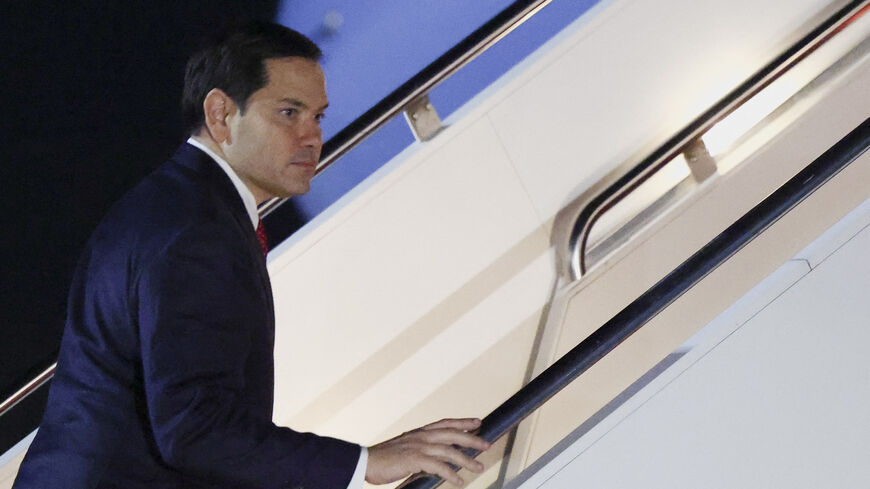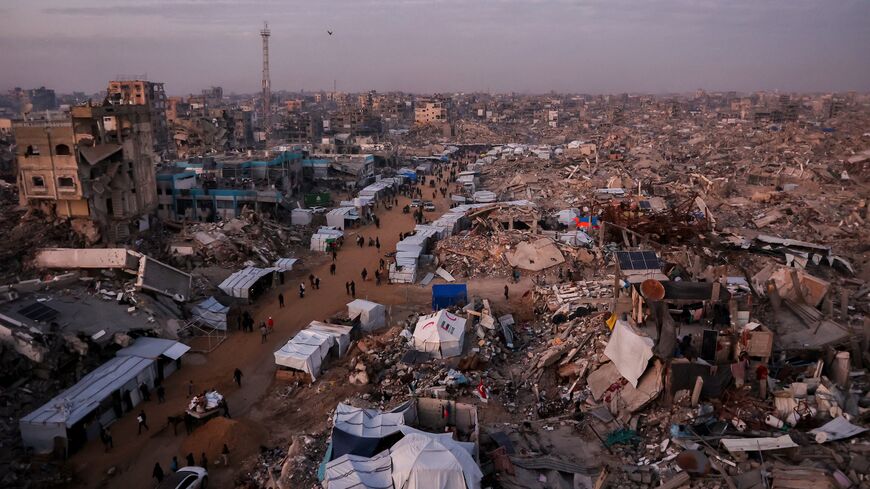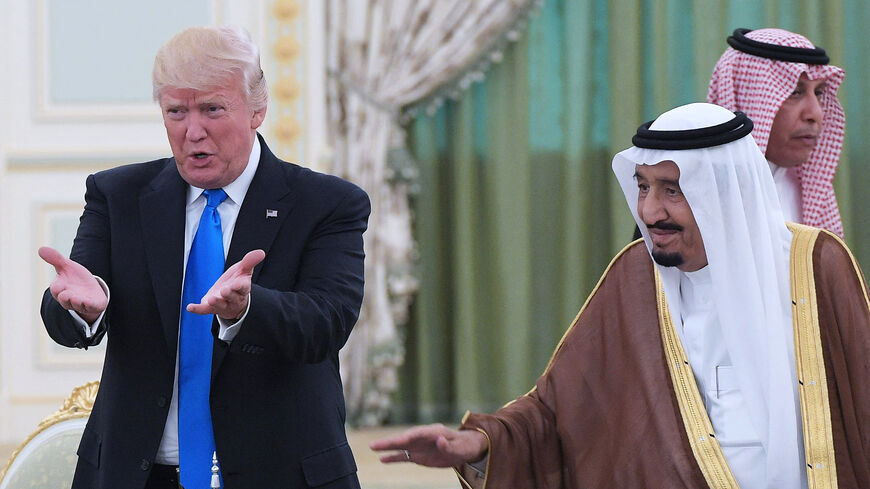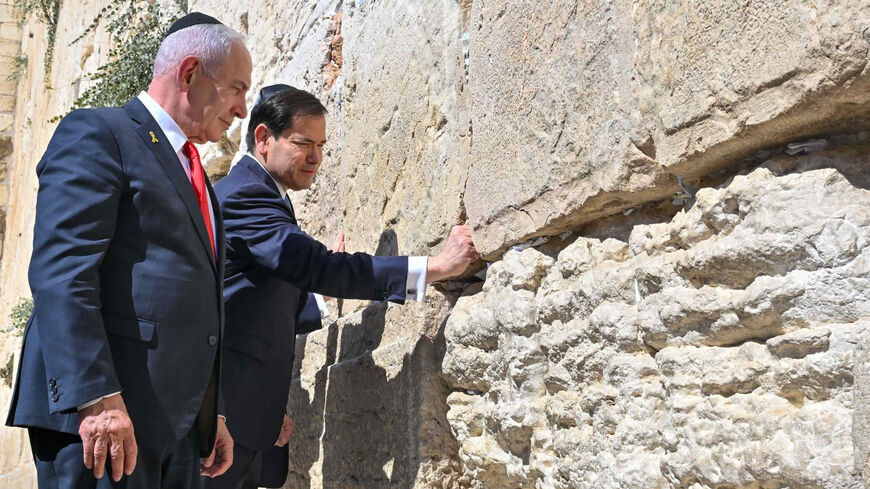Rubio heads to Saudi Arabia, UAE, Qatar, Israel on first Mideast visit
On his second trip abroad as Trump's secretary of state, Marco Rubio is expected to be in full damage-control mode after the president suggested the United States would "take ownership" of Gaza following his recommendation to evacuate its population.
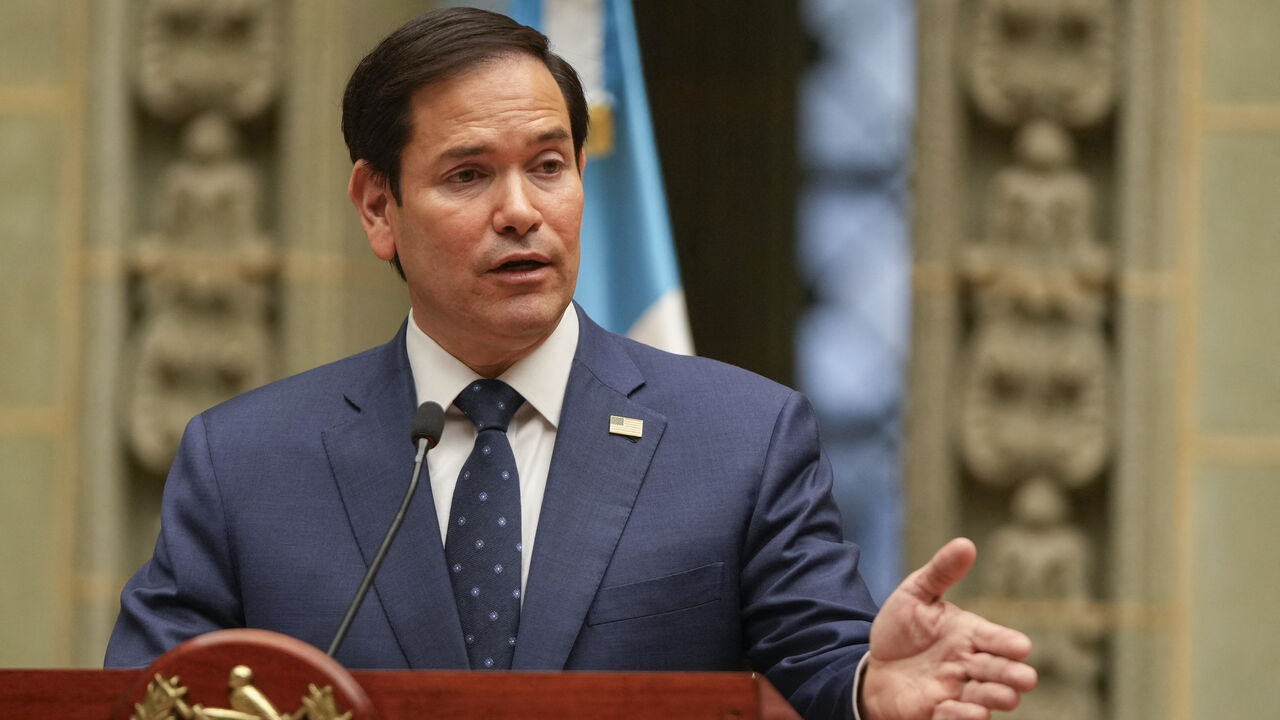
WASHINGTON — US Secretary of State Marco Rubio is expected to visit Israel, the United Arab Emirates, Qatar and Saudi Arabia after a stop at the Munich Security Conference next week, marking his second tour abroad as Washington’s top diplomat under the Trump administration.
Rubio is scheduled to first stop in Israel on Feb. 13 before visiting heading to the Gulf, Reuters reported Friday.
The trip comes just days after US President Donald Trump ignited controversy across the Middle East by suggesting that nearly the entire population of the war-torn Gaza Strip should be relocated to other countries.
Trump has repeatedly expressed confidence that Egypt and Jordan would accept large numbers of refugees from Gaza, a notion that has been firmly rejected by both nations, as well as Saudi Arabia and the broader Arab League.
During a press conference at the White House Tuesday alongside Israeli Prime Minister Benjamin Netanyahu, Trump stated that the United States would take “ownership” of the Gaza Strip and collaborate with regional states to redevelop it, comparing the vision to a “riviera of the Middle East.”
The White House has not provided details on how this plan would be executed. In a social media post on Thursday, Trump asserted that no US troops would be “needed” for the initiative, a claim that congressional lawmakers have criticized as both unrealistic and inhumane. Scholars and experts on the conflict have likened the proposal to ethnic cleansing.
Rubio’s visit is expected to focus on mitigating backlash to Trump’s proposal in an effort to reassure Arab allies, whose cooperation is crucial for US military basing, access to strategic waterways and maintaining peace agreements with Israel.
Last week, Rubio visited five countries in Latin America and the Caribbean as the new administration seeks to reinforce US influence in the Western Hemisphere.
Trump has reiterated his commitment to encouraging more Arab states to normalize relations with Israel. However, Saudi Arabia — considered the most significant target for normalization efforts — has remained steadfast in its position that such a move would require concrete steps toward Palestinian statehood.
On Wednesday, Trump claimed that Saudi Arabia was not insisting on this condition but did not elaborate further. His first phone call to a foreign leader in his second term was to Crown Prince Mohammed bin Salman, followed by a conversation with Egypt’s President Abdel Fattah al-Sisi last weekend.
Since taking office last month, Trump has effectively frozen all US foreign aid, with the sole exceptions of Egypt and Israel. Congressional Democrats have condemned the decision as illegal and unconstitutional, but their minority status in the legislature leaves them with limited options to challenge it.
“I think the president is very good in negotiations,” Press Secretary Karoline Leavitt told reporters at the White House on Wednesday when questioned about Trump’s comments on Gaza. “I think that’s what he is doing.”

